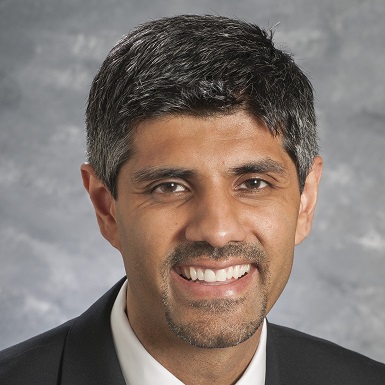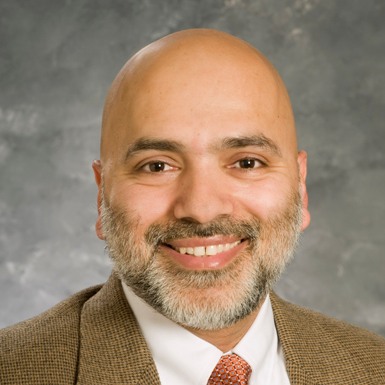EKG (electrocardiogram)
EKG is a common and painless non-invasive test that measures the electrical activity of your heart. An EKG is used to efficiently assist in detecting and diagnosing underlying heart conditions.
Echocardiogram
Echocardiogram is a graphic outline of your heart’s movement. An echo test is a non-invasive test that uses high-frequency sound waves (known as ultrasound) to look at the size, shape, and motion of your heart and heart valves to assess the overall function of your heart and to help identify heart disease.
Cardiac Stress Tests
Exercise Treadmill Stress Test
An exercise treadmill stress test is a screening tool used to evaluate the effects of exercise on your heart. It provides a look at your overall heart health and how well your heart is able to handle work, and can also be used to determine the level of exercise appropriate for your lifestyle.
Stress Imaging Tests
Stress Echocardiogram
A stress echocardiogram (also known as an echocardiography stress test or a stress echo) uses ultrasound to take pictures of the heart’s response to exercise to help detect coronary artery narrowing and to view the function of the heart valves during exercise. A stress echo is used to ensure your heart muscles are getting enough blood and oxygen during exercise.
Cardiac Nuclear Stress Tests
Cardiac nuclear stress tests use a nuclear radioactive tracer as an imaging agent to view blood flow through the coronary arteries to the heart to determine narrowing or blockages. This test can be done as an exercise test or as a pharmacological test if you are not able to exercise. In the case not involving exercise, a drug that stimulates the heart to respond as if you are exercising is used instead of actual physical exercise.
Holter Monitor
A Holter monitor is a small, battery-powered device that measures and records your heart rate and rhythm for a full 24 hours. A Holter monitor is occasionally used to learn more about your heart’s function than can be learned from a routine EKG. Once complete, a cardiologist evaluates the results of the recording and a report is sent to your provider.
Event Monitor
An event monitor is a portable device used to record your heart’s electrical activity. It is worn for 2-4 weeks for symptoms that are intermittent, and records the same information as an EKG but for longer durations of time. The recordings are transmitted wirelessly and evaluated by a cardiologist, and a report is then sent to your provider.






